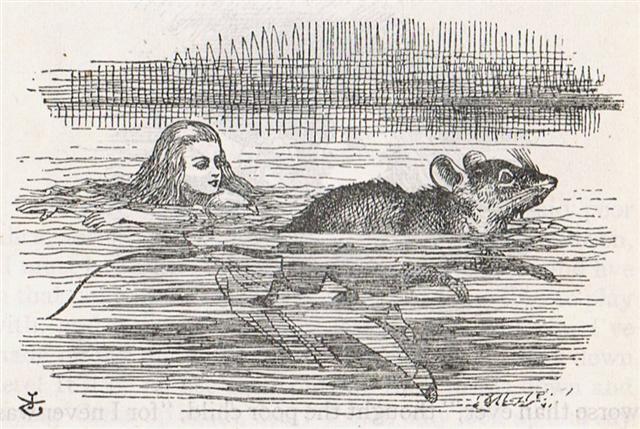1. Now at last we are hopefully enough equipped to continue with the journey (our and that of Ira): On the twenty-fifth day of the first month (Vaitu Nui), Ira and Makoi set sail; on the first day of June ('Maro'), the bow of Ira's canoe appeared on the distant horizon, came closer and closer on its course, and sailed along, and finally (one) could see the (new home) land. The canoe reached the islets (off the coast), and Ira saw that there were three such islets. Ira said, 'Hey you, crew of young men, the vision of Hau Maka, our father, which he revealed to me, has come true. There are 'the handsome sons of Te Taanga, who are standing in the water', for this is the name that the dream soul of Hau Maka gave them. Unforgotten (? kai viri kai viri) are they, these three. And therefore this is the (right) land lying there; this is Te Pito O Te Kainga, which also received its name from the dream soul.' (Manuscript E p. 17.) As I read it summer has just ended with autumn equinox, and appropriately 'land' is receding when the canoe is moving out on the 'sea' (the winter half of the year). We can imagine Vai-tu Nui as the great water of 'high tide'. But vai is sweet water and not the tai of the water down in the ocean on our earth. The sea became salt because of a kind of crime committed by the Son of the Mouse: ... Snorri Sterluson explains why 'Frodi's grist' is a kenning for gold. Frodi ruled during a peaceful and productive period, contemporaneous with Augustus's Pax Romana and the birth of Christ; hence the kenning. There were neither thieves nor robbers during this period, 'so that a gold ring lay long on Jalang's heath'. Snorri continues his account with the legend of the mill beyond what is told in the song: The girls' grinding produced an army hostile to Frodi. On the very day of the girls' predictions, the sea-king, Musing (Son of the Mouse), landed on the Danish shore, killed Frodi, and took away Grotti and the women on his ship. The girls were bidden to grind out salt on the mill. At midnight they asked for further instructions. 'Keep grinding', he told them. Then they ground with such vigor that the ship sank. Water poured into the eye of the mill, creating the maelstroem of the sea. Therefore the sea was salt. Incidentally, the mill was given a kenning, Serpent's Couch. (Thomas D. Worthen, The Myth of Replacement. Stars, Gods, and Order in the Universe.) If the Mouse corresponds to the Black Rat on Easter Island, i.e. the kuhane of the previous Sun King, then the Son of the Mouse (Musing) perhaps is the kuhane of the following year. This spirit should be 'born' (released from his body) at autumn equinox, and a canoe would certainly be needed:
Alice is here swimming in a pool created by her own tears 'when she was nine feet high', and we recognize the theme of a very high position followed by a very low one (the position of Mercury in Virgo), also how the change from very high to very low coincides with an immense rain of 'tear drops'. Alice tries to speak to the mouse, but without success until she happens to mention a cat, when the mouse immediately responds by leaping out of the water. He was afraid of cats. The Black Rat (Te Kioe Uri) is not the climbing Sun Cat, and presumably the climbing will not begin until spring equinox has been reached. Rats and mice are creatures of the night. Then there are 3 months for climbing up to summer solstice. We are still talking about rongorongo signs and (to a certain extent about Virgo). 'Night' stretches from autumn equinox to spring equinox, and in the middle of the night the 2 giant maidens who worked the mill (turned the sky dome around its axis) paused for a moment to ask Mysingr for further instructions: ... Now Frodhi happened to be the owner of a huge mill, or quern, that no human strength could budge. Its name was Grotte, 'the crusher'. We are not told how he got it, it just happened, as in a fairy tale. He traveled around looking for someone who could work it, and in Sweden he recruited two giant maidens, Fenja and Menja, who were able to work the Grotte. It was a magic mill, and Frodhi told them to grind out gold, peace and happiness. So they did. But Frodhi in his greed drove them night and day. He allowed them rest only for so long as it took to recite a certain verse ... (Hamlet's Mill) |
